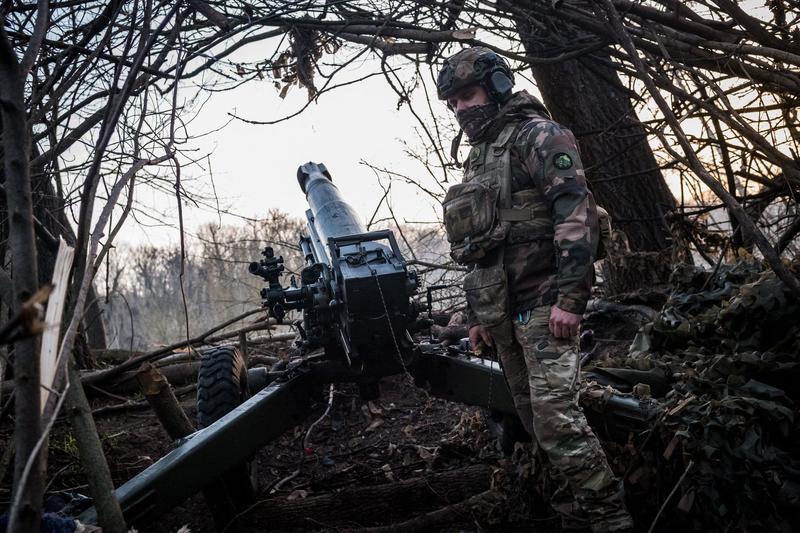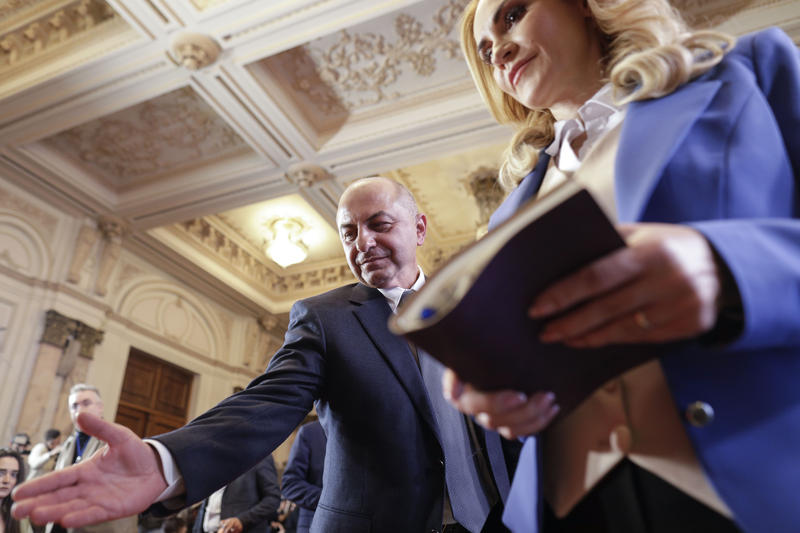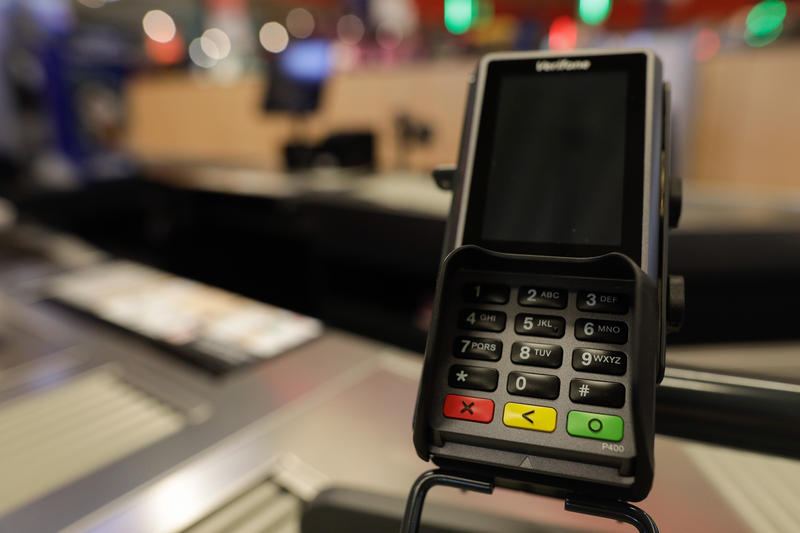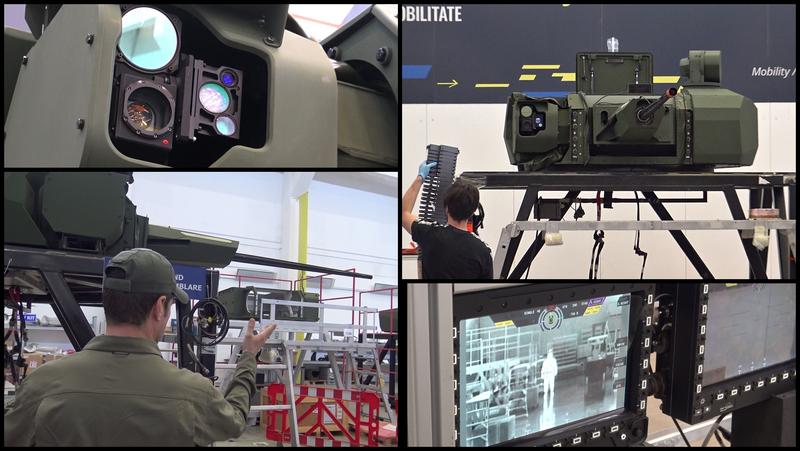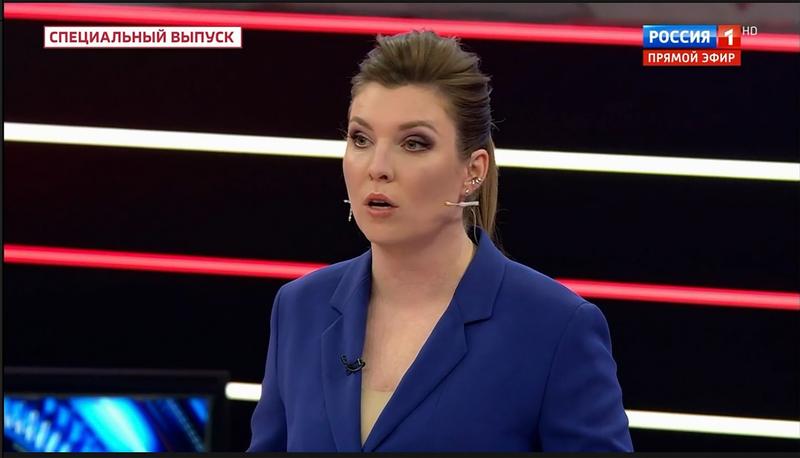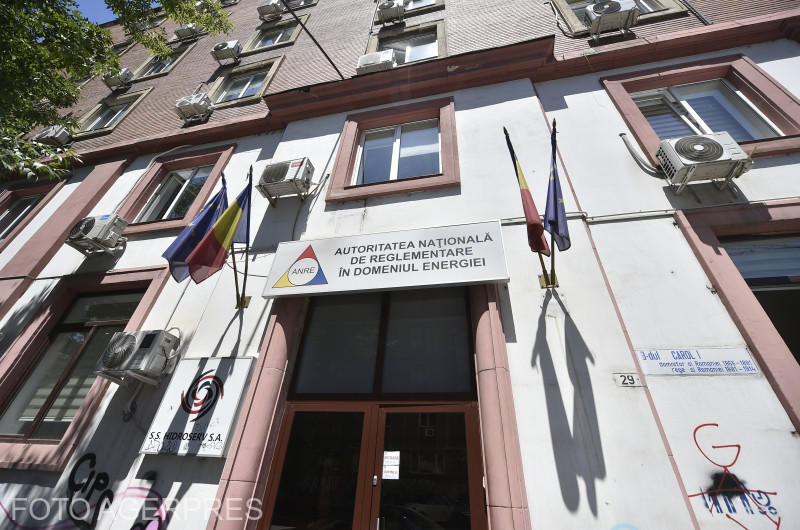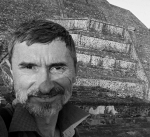It’s the time of reviews and previews in Romania’s newspapers. What happened in the ten years since the first democratic political change in the country, what happens today with the judiciary, trade unions and the fate of Romanians abroad, and what will happen once Romania joins the EU are the main points of focus in the papers today.
Evenimentul Zilei evaluates the changes that have occurred in post-communist Romania since 1996, when the first democratic change of power took place as elections forced ex-President Ion Iliescu out of office, allowing a representative of the opposition to take over the job for the first time.
The newspaper tries to summarize the past ten years in several words: transition, hope for European integration, three governments, small tremors or huge earthquakes that shook the health system, transports, technology, economy, tourism, politics and sport.
While Evenimentul Zilei tries to bring the past closer to the people, Cotidianul moves further in time and publishes a second round of figures on the victims of the communist regime - this time the intellectual elite.
The newspaper’s series of reports in this regard comes as President Basescu had called for such clear data so that he could afford to condemn communism officially.
But the same newspaper also announces that a scientific report in this regard, compiled by a presidential commission, is almost done already - which may turn its own reports futile.
Evenimentul Zilei also makes a stunt: in one report, it tells the tale of a former anti-communist fighter whose wife informed the communist era political police, the Securitate, about his actions despite loving each other since kids.
And in another report, it announces the number of marriages in Romania has been growing after a huge drop in the early nineties: while only 129,000 marriages took place four years ago, the number grew to about 150,000 this year and exceeded 50,000 in the first few months of 2006.
Still looking back to the past, Adevarul reports that top Romanian officials attended ceremonies to mark the Holocaust Day in Romania yesterday.
And it notes President Basescu, while visibly impressed by the event, mentioned nothing about Marshal Ion Antonescu, the man who ruled Romania in 1941-44 and seen as the main culprit for actions against Jews in the country.
Several days ago, Basescu said Antonescu was “almost a genius”, the newspaper writes.
What about now? The same Adevarul quotes a British tabloid reporting that Britain education faces a deep crisis once Romania and Bulgaria join the EU next year, as the country’s children have no room left in schools because of the increasing number of immigrants’ children.
Gandul publishes a feature article about the “Romanian Park in Rome”, the spot in the Italian capital that has become the official destination for buses carrying Romanian immigrants there.
The “park” turns into a sort of miserable fair during weekends, where immigrants from all over the world step on dirt and garbage to sell their products.
Gandul brings another facet of traveling abroad: Romanian PM Calin Popescu Tariceanu met his predecessor Adrian Nastase during a flight to Paris on Sunday. And while Tariceanu was traveling first-class, Nastase, who’s been facing charges of corruption, had to accept a seat at the economy-class.
Meanwhile, Evenimentul Zilei looks into the future and reports that custom checks at Romania’s western border will only stop in 2010 - and only if all goes well - despite Romania joins the EU next year.
And it writes that Romanian citizens traveling to other EU countries will not have the same liberties as Western European citizens and for the first few years they will only be allowed to spend up to 90 days in one Schengen countries.
Back home, Cotidianul wonders what will happen with the “judicial errors” that left dozens of people indicted for various crimes including large scale graft and organized crime stay at large.
The newspaper warns that such judicial procedures, which allowed controversial business people such as Dinu Patriciu and Marian Iancu be free, risk becoming an integral part of the system - for which nobody is immediately responsible.
